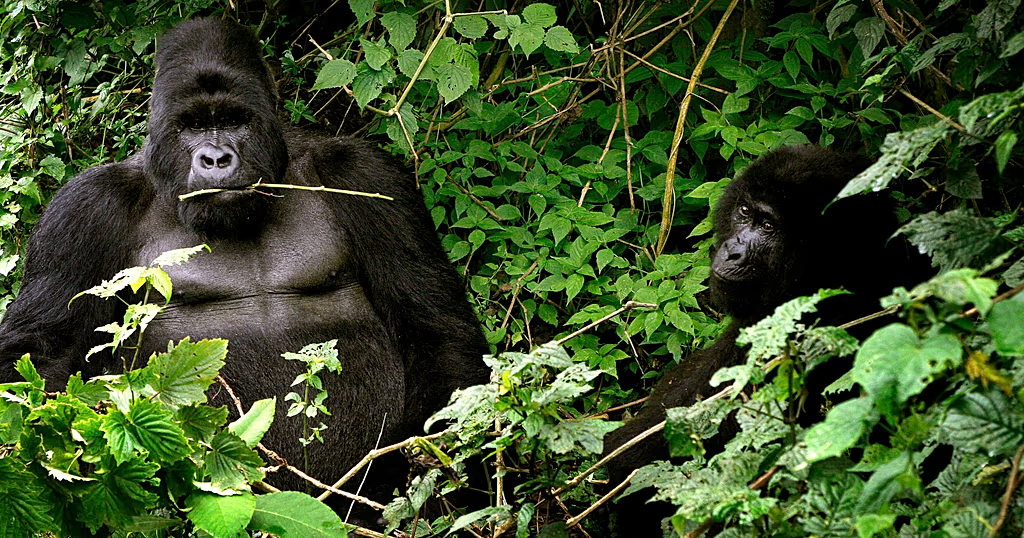Malawi, known for its lucrative tobacco production, has been making strides in adopting environmentally sustainable practices in the cultivation and curing of tobacco. The process of curing, essential in preparing the harvested tobacco for the market, has traditionally involved methods such as air curing, flue curing, sun curing, and fire curing. However, small-scale tobacco farmers in Malawi have primarily relied on fire curing, a method that raises concerns due to its potential contribution to deforestation and environmental degradation.
In response to these challenges, tobacco company Philip Morris International (PMI) has initiated efforts to collaborate with small-scale tobacco farmers in Malawi and several other countries to promote integrated production systems that prioritize the use of wood from sustainably managed forests for curing tobacco after harvest. This approach aims to address the environmental impact of tobacco cultivation, particularly the direct link between deforestation and the use of wood for curing.
Miguel Coleta, the Director of Sustainability, Activation, and Support at PMI, emphasized the paramount importance of forest sustainability in the production of tobacco. He highlighted the company’s engagement with local farmers, providing them with technical and financial support to ensure the sustainable use of forests for tobacco curing. Coleta stressed the significance of farm-level monitoring to verify the sustainable production of tobacco and the responsible management of forest resources.
PMI’s commitment to environmental sustainability is evident through substantial investments in reforestation projects, with an emphasis on raising awareness among farmers. In collaboration with local partners like Universal Leaf in Malawi, PMI has allocated significant funds to support reforestation initiatives and promote sustainable practices within the tobacco farming communities.
Coleta underscored the integrated production system as a comprehensive approach that considers the impact of tobacco cultivation on individuals, farmers, communities, and the environment. By integrating best practices, technological innovation, and environmental conservation, this system seeks to create positive outcomes while addressing the challenges associated with tobacco production.
While tobacco remains a valuable export commodity for Malawi, PMI’s integrated production system prioritizes quality standards and ethical guidelines, including the prohibition of child labour and the utilization of wood from sustainably managed forests. Furthermore, the company recognizes the broader impact of climate change on farmers, especially concerning the dependence on rainfall for tobacco cultivation. As a result, initiatives like the ‘wash program’ have been implemented to address water accessibility and diversify agricultural activities beyond tobacco farming.
PMI’s collaborative initiatives in Malawi reflect a multifaceted approach towards sustainable tobacco production, underscoring the importance of environmental stewardship, community well-being, and technological innovation in transforming the tobacco industry.



